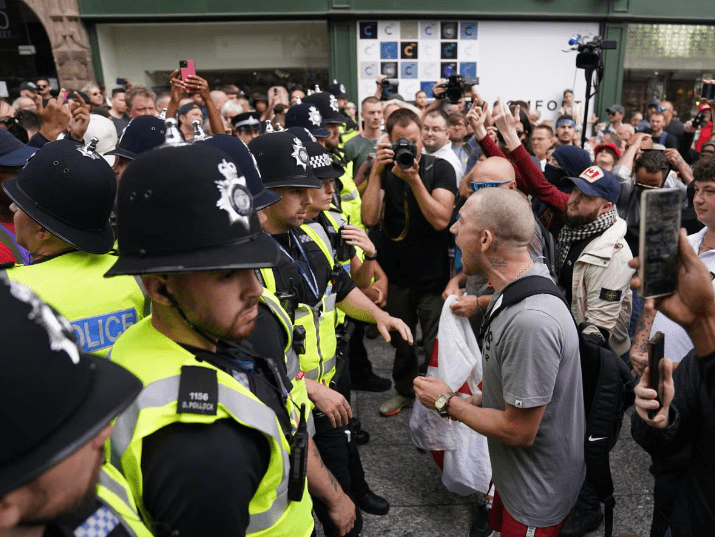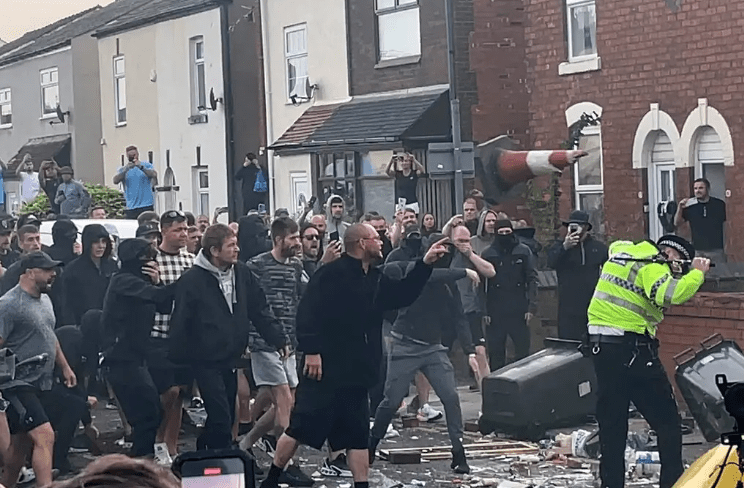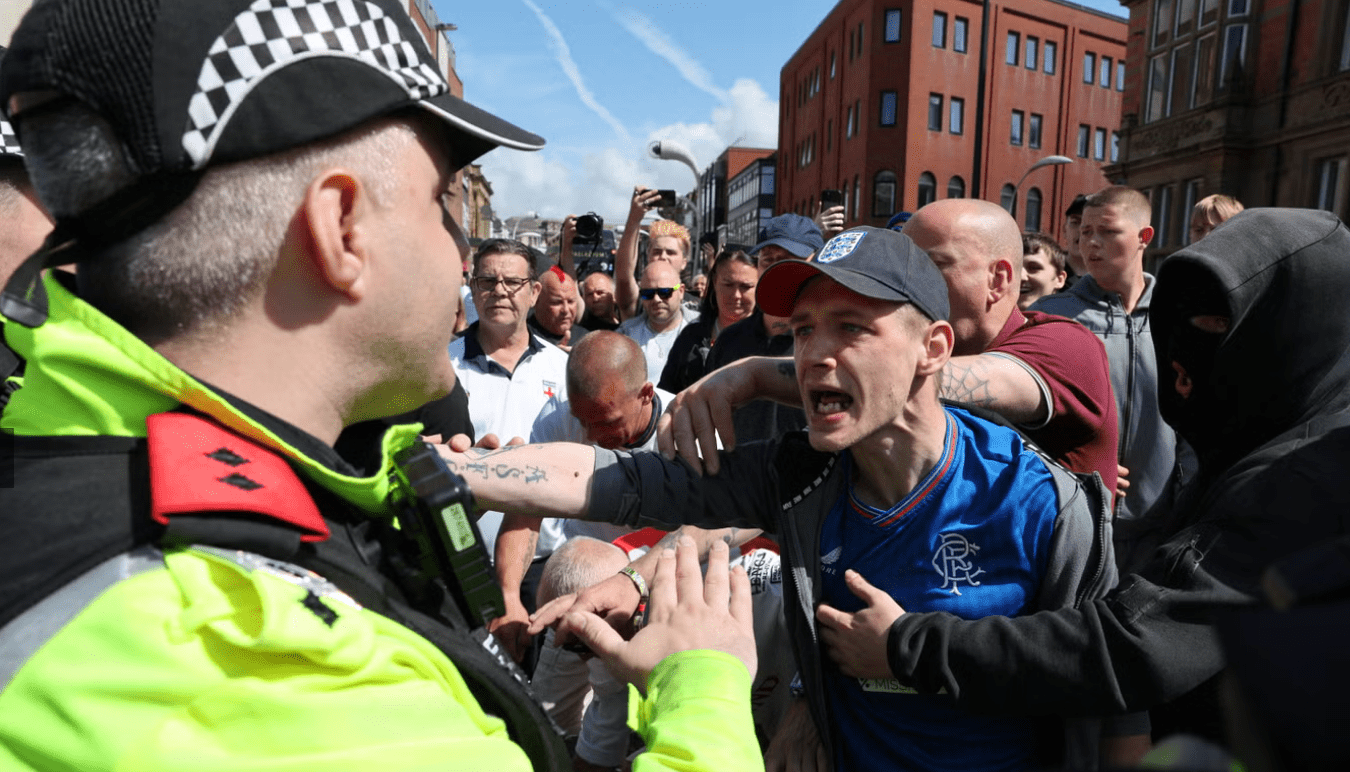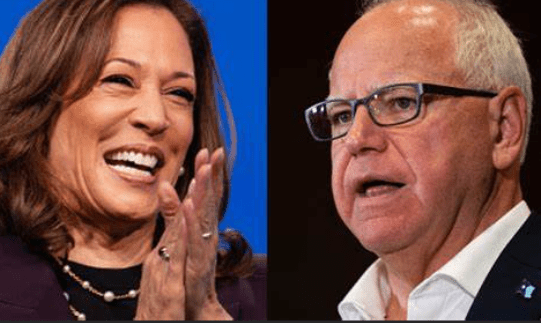Violent unrest has gripped several towns and cities across the United Kingdom, with chaos erupting over the weekend as far-right agitators staged demonstrations nationwide.
The latest wave of disorder has seen anti-immigration rioters clash with police, resulting in numerous injuries and property damage.
In cities across England and Northern Ireland, objects such as bricks, chairs, and bottles were hurled at police officers, who struggled to contain the violence.
Experts point to a toxic mix of online disinformation and extremist right-wing groups as the driving force behind the unrest, following a deadly knife attack at a children’s event in northwestern England.

A motley crew of far-right factions, including neo-Nazis, violent football hooligans, and anti-Muslim activists, have been at the forefront of the upheaval. These groups, along with influential online figures, have exacerbated tensions and incited violence.
Prime Minister Keir Starmer has pledged to increase police presence to restore order. “This is not a protest that has got out of hand,” he stated firmly on Thursday. “It is a group of individuals who are absolutely bent on violence.”
In Australia, prime minister Anthony Albanese condemned the rise of far-right extremism which has become a threat worldwide.
“The advice that we’ve received is that more Australians are embracing a more diver range of extreme ideologies and it is our responsibility to be vigilant,” he said during a press conference on Monday.
My government’s first priority is the safety and security of Australians.
When the temperature of the security environment is rising, we must lower the temperature of debate.
Because our words and our actions matter. pic.twitter.com/TeZzyWPO9D
— Anthony Albanese (@AlboMP) August 5, 2024
The turmoil was sparked by the tragic killings of three young girls at a Taylor Swift-themed dance class in Southport, Merseyside, on Monday.
Axel Muganwa Rudakubana, a 17-year-old born in Cardiff, stands accused of the attack. However, online falsehoods claimed the perpetrator was “Ali al-Shakati,” a Muslim asylum seeker who arrived in the UK by boat in 2023.

Far-right activists seized upon these falsehoods, using platforms like Telegram and X to rally supporters to the streets. On Tuesday night, over 200 people, many traveling from other parts of Britain, descended on Southport. The ensuing chaos saw rioters attack a mosque, injure more than 50 police officers, and set vehicles ablaze.
The unrest continued on Wednesday night in central London, where another far-right demonstration led to clashes with police and over 100 arrests. Additional pockets of disorder erupted in Hartlepool, Manchester, and Aldershot.
The Runnymede Trust, a racial equality and civil rights think tank, warned that this “violent racism has long been simmering under the surface” of British society. A spokesperson from the charity stated, “What is happening is the direct result of years of normalised racism and Islamophobia, enabled by politicians and the British media.”

The rise in Islamophobic incidents and rhetoric in recent years is well-documented. Home Office data indicates that race and religious hate crimes remain high, with Muslims being the most targeted religious group. A 2023 landmark report highlighted a doubling of Islamophobic incidents between 2012 and 2022, attributing this to factors such as increased far-right activity, global anti-Muslim attacks, political discourse, and Brexit referendum campaigns.
In March, new figures from the Islamophobia Response Unit (IRU) revealed a 365 percent increase in Islamophobic incidents following the 7 October attack on Israel by Hamas. Many Muslims in Britain report feeling too scared to leave their homes after dark.
Qari Asim, chairman of the Mosques and Imams National Advisory Board, expressed the deep anxiety felt by Muslims nationwide.
“This intimidation and violence is the inevitable, devastating outcome of rising Islamophobia that has been enabled to fester on social media, in parts of the mainstream media, and by some populist leaders,” he said.

